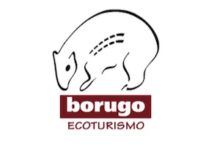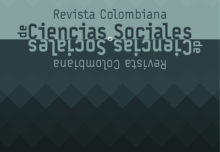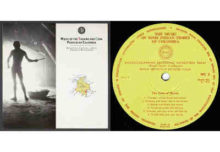 Environmental Conservation and Indigenous Peoples – Summer course in Brazil
Environmental Conservation and Indigenous Peoples – Summer course in Brazil
Environmental Conservation and Indigenous Peoples – Summer course in Brazil. Explore tropical forest ecology, the conservation of Amazonia, and the role of the indigenous groups, such as the Kayapó, in the Brazilian Amazon. The Amazon basin is the largest remaining tract of tropical rainforest in the world, and home to many different types of human communities: indigenous groups, river dwelling families, rubber tappers, farmers, ranchers, and miners. Because of the wide- spread development and expansion in the Amazon region, a number of indigenous and local communities now participate in arrangements of “partnering” with outside entities, intended to increase the security of their lands and their well-being. In this study abroad course, students have the rare opportunity to visit with and learn about the many different actors and activities in the Amazon region. In a rare partnership, the University of Maryland has arranged for a small class of students to learn the fundamentals of tropical forest ecology and conservation as well as to glimpse Kayapó understanding of the ecology of their forest.
BRAZIL : Environmental Conservation and Indigenous Peoples
University of Maryland and the University of Brasilia
July 29th – August 16, 2015
Courses: Students will enroll in one of the following 6-credit courses.
ANTH 238B Lived Existence: Perspective in Native American Identity
AMST 269B Lived Existence: Perspective in Native American Identity
ANTH 498C Ethnographic Fieldwork
ANTH 698C Advanced Field Training in Ethnography
LASC 448F Brazilian Ethnography
LASC 448G Environmental Conservation and Indigenous Peoples
Itinerary: Students will spend a few days in Marabá, and have excursions in the surrounding area to learn about community based conservation issues. The remainder of the course is set in Kayapo territories, spending time in both the village and village-managed biological research station. Participants receive first-hand experience of the Kayapó’s partnership with environmental NGOs. Students will explore forest resource management, sustainable development, conservation, environmental policy and a range of other topics depending on the student’s area of interest. This unique course is one of the only ways to visit the Kayapo lands.
Applications due by March 9th, 2015. For more information contact Matthew Aruch (maruch@umd.edu), visit University of Maryland or view flyer (pdf)










